.jpg)
More than a year has passed since the release of 3D fighting game Tekken 8, released on January 2024.
To celebrate the 30th anniversary of the Tekken series, we interviewed series Executive Game Director and Chief Producer Katsuhiro Harada, and Tekken 7/8 Game Director and Development Producer Kohei Ikeda.
Harada has been involved with the series since the first entry in 1994, and Ikeda is a Tekken player-turned-developer. We asked what they learned from developing Tekken 8, about the culture of proactiveness in the Tekken Project, and the mindset needed of a game developer.
A Series First: Starting From a Worldwide Console Release
―I have a ton of questions about Tekken 8 and the series in general, what are your thoughts looking back on Tekken 8’s first year post-launch?
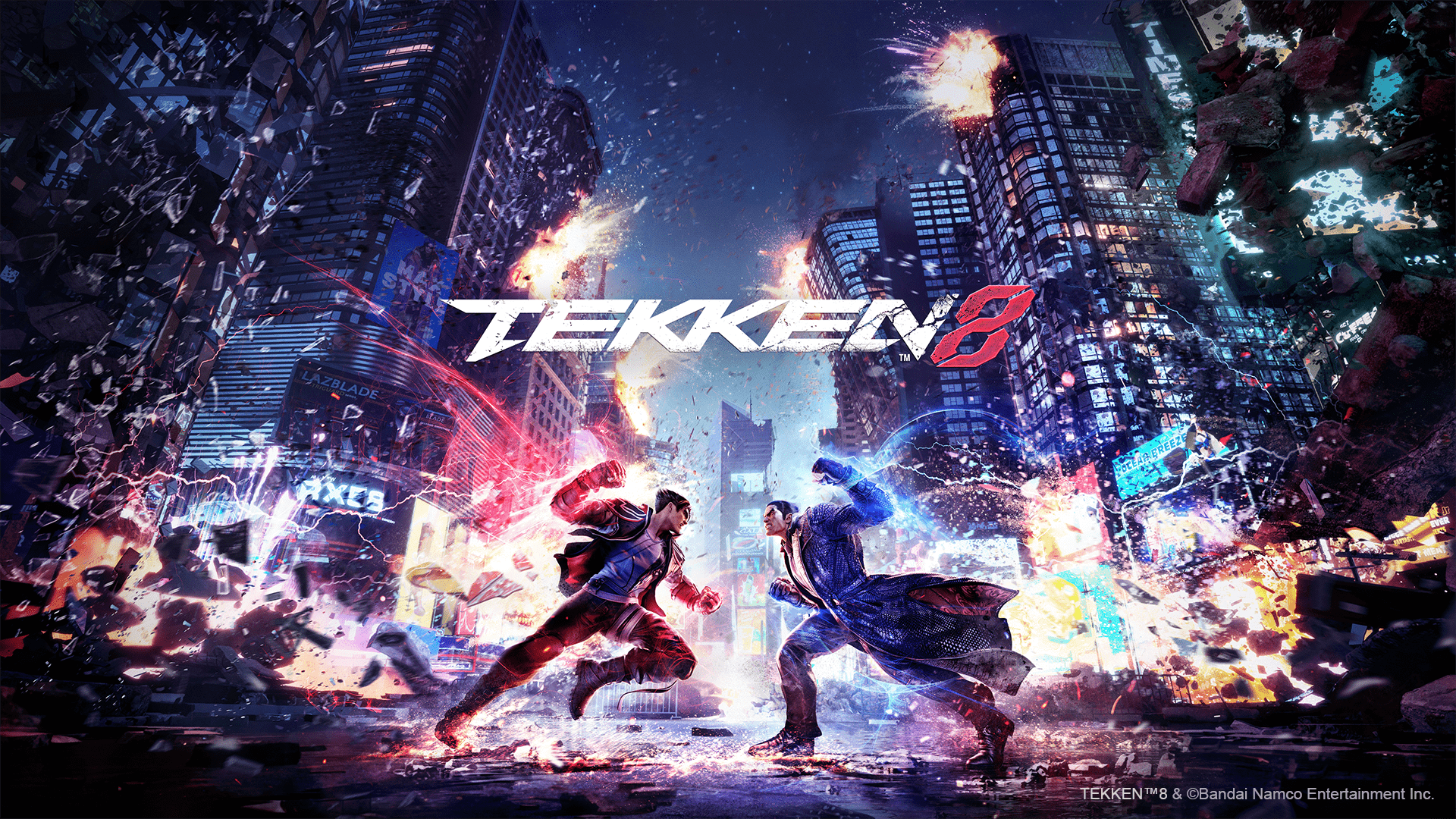
Harada: For previous games in the series, we would release for arcades first, add content and then make a home console port afterwards.
But for Tekken 8, we decided to start with a worldwide simultaneous release on consoles and PC.
That difference alone meant the feedback we got the past year was unlike anything we had before.
Ikeda: We needed to think about how we would change things for Tekken 8, as Tekken 7 managed to sell 12 million copies.
There was a need for us to design the game to satisfy the whole range of players, from casual to professional.
―How does not releasing an arcade version affect development?
Ikeda: It took us about three years to port previous Tekken games from arcade to consoles, so we needed to make the same amount of content from the very beginning.
Harada: It also changed how our budget was spent.
Before, we spent our development in stages: we would start with arcade versions in Japan and Asia, then the console version. But this time, we started with a worldwide multiplatform release.
The difference was so stark that some people at the company were surprised at the amount we needed to develop the game.
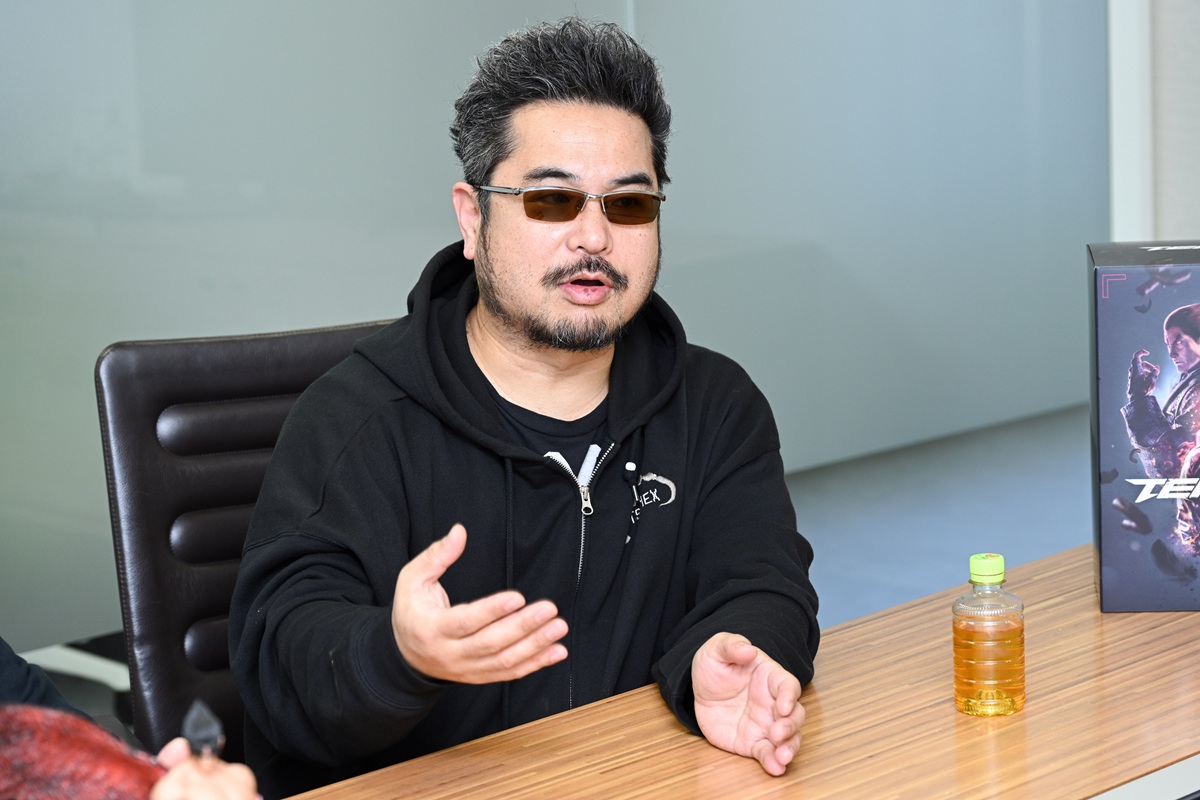
―Did it cost more than the total amount spent developing Tekken 7?
Harada: The arcade version of Tekken 7 cost about 10% of Tekken 8.
We knew that games were more expensive to develop, but I never imagined it would be this different.
Ikeda and the team did their best developing the game, I can’t praise them enough.
②.jpg)
―Before, both development time and budget were planned sequentially, but you had to do all of that in one go. That’s a big change!
A Culture of Proactiveness: Tekken Team Members Learning Martial Arts for Their Fighting Game
―Tekken 8 underwent a change in business model with its simultaneous worldwide multiplatform release. What other changes were there?
Harada: The number of younger players has grown significantly.
It just goes to show that your customer base changes when you change your business model and sales method.
―What’s the majority age for Tekken players right now?
Harada: Around25 or 26. It’s similar to other fighting games, but one of the big successes of the Tekken series is that there’s a generational transition every three games or so.
Older players knew about me and Ikeda, and they would come talk to us when we were at tournaments or at the airport.
That’s not the case for newer players, but that’s also a good thing in a way.
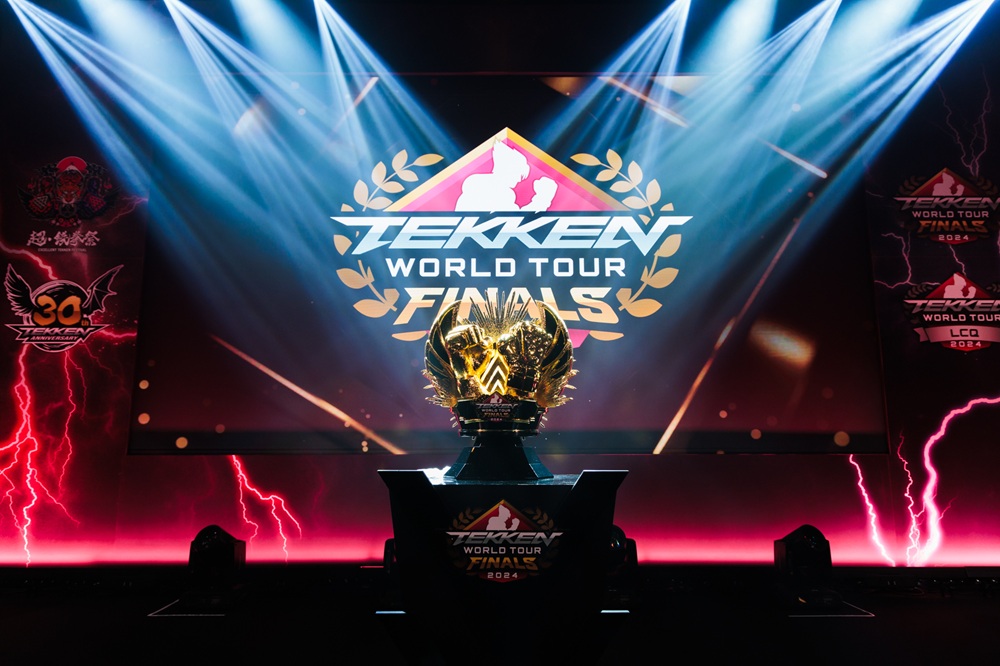
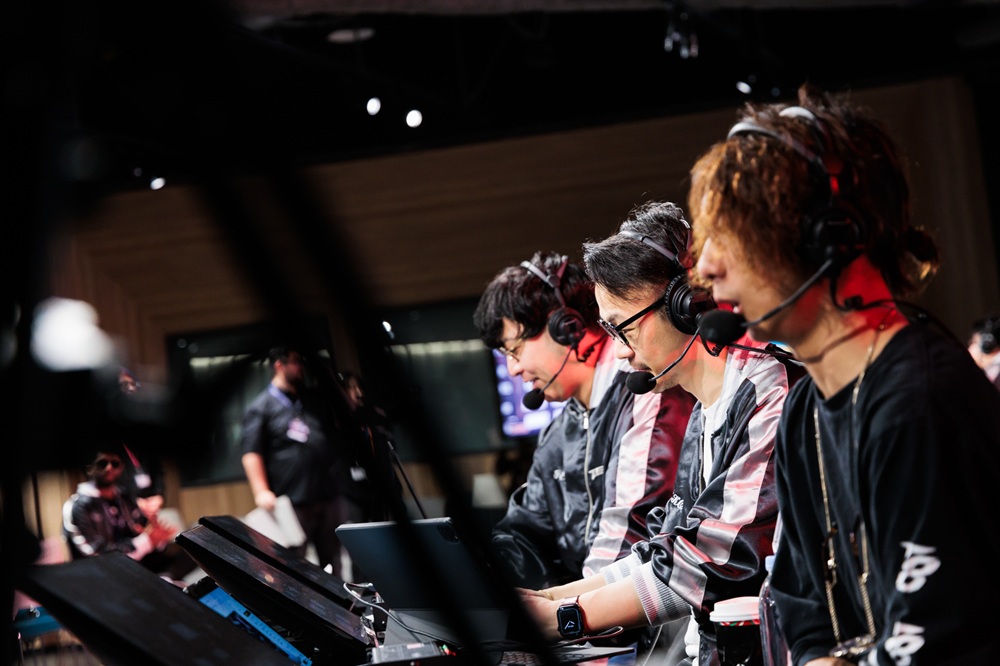
―How about the developers on the Tekken Project?
Ikeda: We had younger members join the team and they’re pretty passionate when it comes to playing the game they developed (Tekken 8).
They would play during lunch, and we sneaked seven teams into the Tekken Mastercup, a five-man team tournament.
―Successfully introducing a new generation to the series is key for any long-lasting IP, and it’s a topic we could easily spend hours discussing. Is the Tekken Project’s team culture the reason why the developers are so passionate?
Harada: We have all kinds of passionate developers; some are passionate about game development, others about martial arts.
Members aren’t strictly assigned to a particular role, and they’re allowed to work on the tasks that appeal to them.
―I thought that everyone had predefined roles when working on a big project. Is that not how the Tekken Project operates?
Harada: The Tekken Project is comprised of people who can independently look at something, think about it, and make decisions by themselves.
I also used to go beyond my capacity as a director or planner and would work on pixel art for UI, game art, music, and even direct motion capture.
But people on other projects would be afraid of us because we worked so differently (laughs).
Ikeda: When I was on the Soulcalibur team, I once asked someone from the Tekken Project about tuning attacks to feel more visceral.
My team, worried about me, asked how it went when I came back (laughs).
③.jpg)
―It must be reassuring to have so many people who are proactive in their work.
Harada: There was something called the “will mindset” at Namco.
It’s the mindset where if you want to do something, you take it upon yourself to do it.
For example, I did something akin to leading the development team for Tekken Tag Tournament 2.
But strictly speaking, I was not in charge of Tekken at the time, and the game’s financial performance had zero effect on my position at the company.
But nobody on the Tekken Project saw what I did as stepping out of line.
―That’s because the Tekken Project has a culture of doing what motivates you. Do you choose people who are highly proactive to join the team?
Harada: Everyone on the team likes Tekken, so they come to us on their own initiative regardless of the discipline they’re assigned to.
There are some people I headhunted from arcades and they’re still working with us on Tekken.
Ikeda: Some members even go to dojos for karate, Wing Chun, or Taido so they can try various martial arts to make a better game.
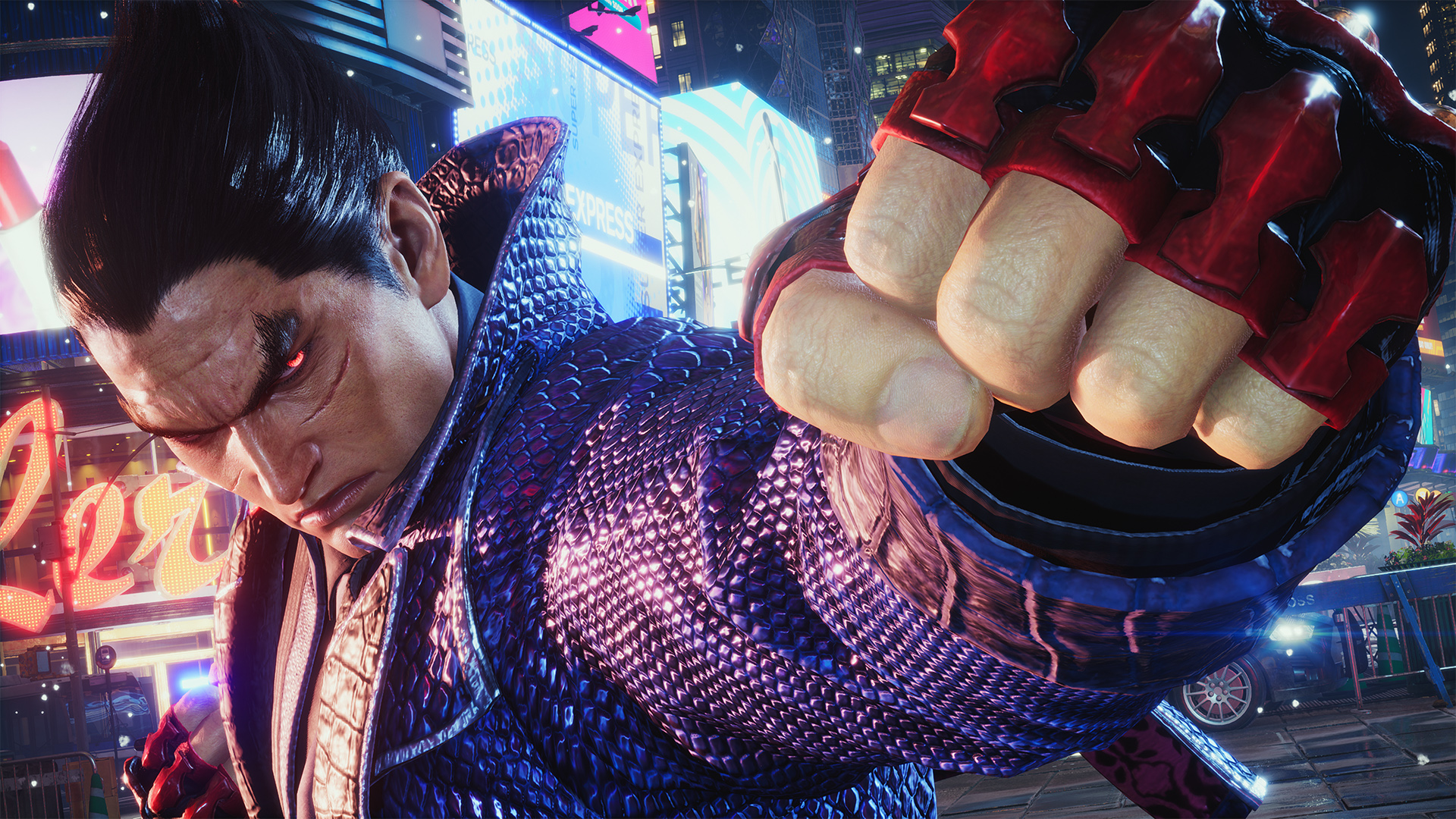
―I can almost feel some of the moves in Tekken when they land! I see now that it’s a result of the developers being proactive in their work. How is talent assigned across the project?
Ikeda: Most of them work on whatever they’re good at.
Even if you say someone is an animator, there’s a plethora of things we need, like body animations, facial animations, other behavior, and more. So people just pick what they’re good at.
The team is full of people like this, so it balances out when you look at the Tekken Project team as a whole.
Harada: Out ofall the projects here, the Tekken Project probably best demonstrates that you get good at what you like doing.
④.jpg)
Releasing What You Made into the World: Being Motivated to be Proactive
―Some may say that when you choose a job you love, you’ll have a hard time handling the differences in expectations and reality. In the case of the Tekken Project, members are probably happy that they get to work on Tekken, as it’s a game they like to play, but you’re faced with the reality of deadlines and quality standards.
Harada: My parents told me the same thing when I told them I got a job as a game developer.
But in the game industry, no matter how tough development is, you’ll eventually finish and release the game.
That’s why if you like something, you can keep going even if the going’s tough.
Ikeda: For a fighting game, you can go to in-person events and see people play what you’ve made, so that’s another source of motivation.
There aren’t many jobs where you can see the results of what you made as much as game development.
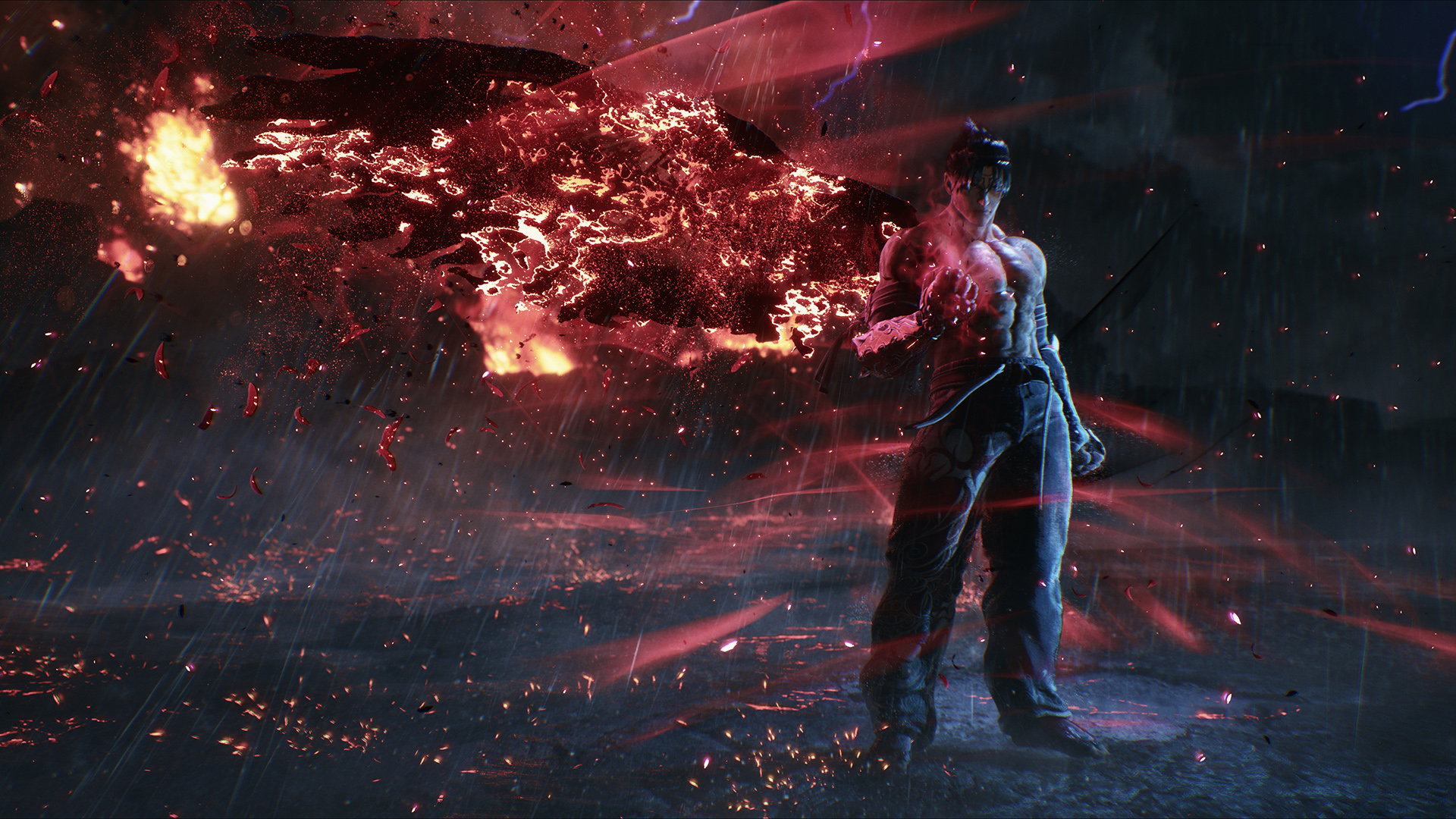
―What kind of people would fit in on the Tekken Project?
Harada: People who are proactive and driven when it comes to things they’re interested in.
It’d also be nice if the person feels fulfilled from having other people play their game, and has an interest in the players and their community.
I say this because these traits are often missing in games where the team gives up halfway through development or the final product doesn’t turn out well.
I think knowledge about game development, surprisingly, doesn’t matter as much as the mindset.
―Ikeda-san, you changed careers from working in games media to being a game developer with zero developer experience. Was the transition difficult?
Ikeda: I didn’t have any development experience and I wasn’t a new graduate hire, so there was nobody to teach me (laughs).
I was frustrated at myself because everyone could do all kinds of things, but there were tons of nice people in both the Soulcalibur and Tekken teams, so I improved by studying game development alone while asking people around me when there was something I didn’t understand.
⑤-1.jpg)
Harada: In my case, I started during the era of the first PlayStation, where we started being able to make games using 3D polygons, so everyone was learning from scratch.
Game development was also smaller scale back then, so you knew what everyone was doing.
―Would you say that game development was better back then?
Harada: Not really. Now we have the internet, so people can learn from watching videos of other people making games, and we have instant access to free development tools.
What’s more important is that the company has matured, so we have proper training programs as well.
Click here for Part 2 ▶ [Tekken 30th Anniversary] From the Mouths of Katsuhiro Harada and Kohei Ikeda! Behind the Scenes on Developing Tekken 8 and the Mindset Needed of a Developer (Part 2)
Interviewer, writer: Shinichi Yamoto
TEKKEN™ & ©Bandai Namco Entertainment Inc.





